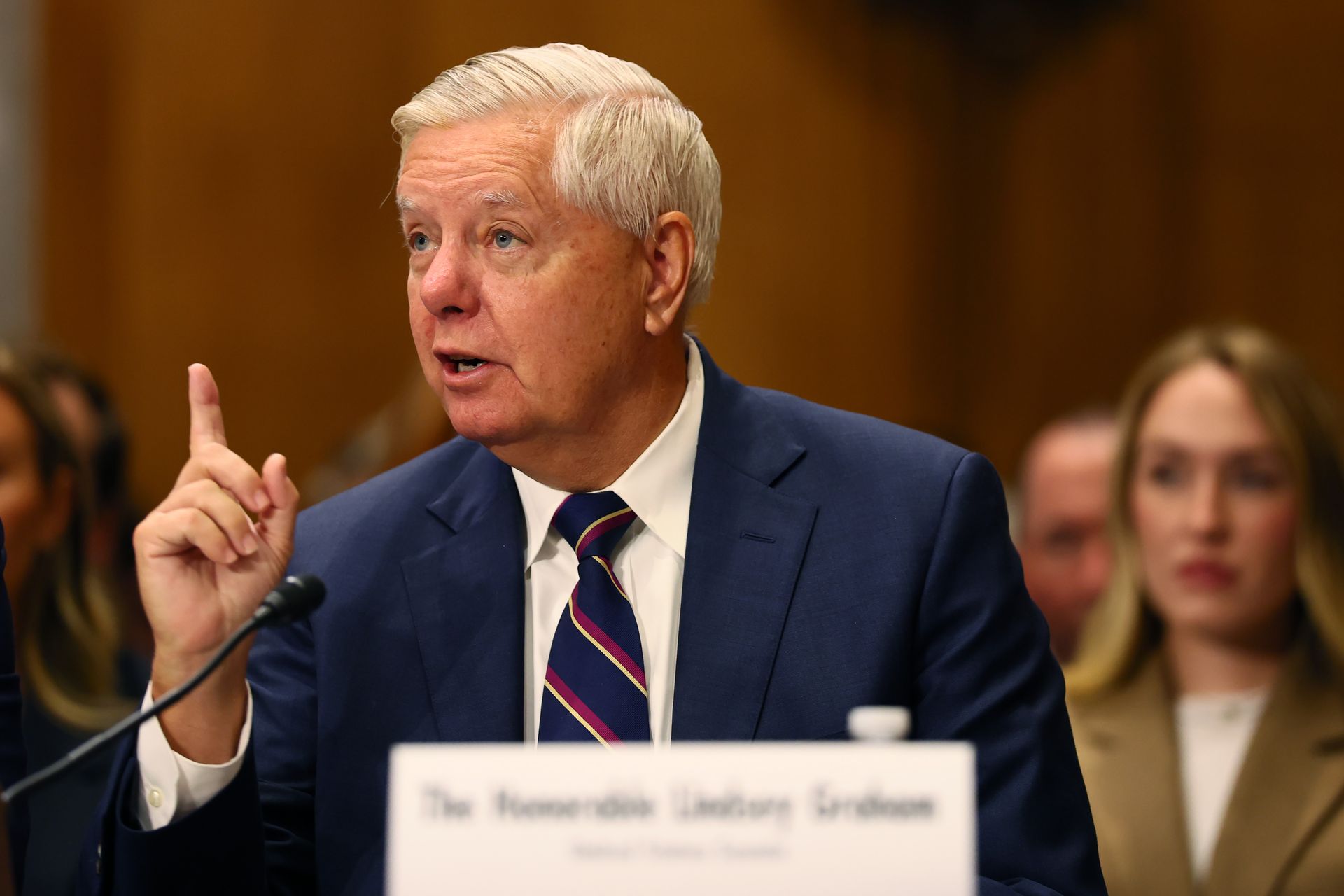Von der Leyen urges China to press Putin to engage seriously in Ukraine-Russia peace talks

European Commission President Ursula von der Leyen on July 24 urged China to leverage its close ties with Russian President Vladimir Putin to help advance peace talks with Ukraine.
"China has an influence on Russia, like the European Union has an influence on Ukraine," von der Leyen said after a summit with Chinese leader Xi Jinping. "It is our expectation that China uses this influence to make sure that Russia is coming seriously to the negotiation table."
Her remarks came a day after Ukrainian and Russian delegations held a third round of talks in Istanbul. The meeting lasted less than an hour and ended without a ceasefire agreement.
Russia's offer included temporary 24–48-hour ceasefires to recover bodies and the wounded but it again rejected a complete ceasefire.
At the talks, Kyiv proposed a summit between President Volodymyr Zelensky and Putin before the end of August, a proposal the Kremlin has not yet accepted. The Ukrainian president has consistently signaled openness to direct talks, while Putin has so far refused.
Von der Leyen stressed that the EU doesn't need to pressure Ukraine, as she mentioned the country is already showing a willingness to negotiate.
"We in the European Union don't even have to use our influence, because President Zelensky has already offered and is at the negotiation table," she said. "But it is important that we have a ceasefire and that the (leaders') negotiations at the table take place."
Despite repeated calls from Ukraine and the West, Beijing has maintained its support for Moscow. China remains Russia's top crude oil importer and a major supplier of dual-use components used in its defense sector.
U.S. officials have echoed von der Leyen's remarks. U.S. Ambassador to NATO Matthew Whitaker warned on July 22 that China may face consequences if Moscow rejects a peace deal.
"They need to be called out for subsidizing this killing," he told Fox Business.
U.S. President Donald Trump announced on July 14 that Russia would face "severe" secondary tariffs unless it agrees to end the war within 50 days. The strategy aims to cut off Russia's oil revenue, which accounts for about one-third of its federal budget.
If a third country like China keeps buying Russian oil, exports to the U.S. could face a further 100% tariff, significantly raising prices for American consumers and squeezing Chinese exporters.
Earlier this month, the South China Morning Post reported that Chinese Foreign Minister Wang Yi told EU foreign policy chief Kaja Kallas that Beijing cannot afford for Russia to lose the war, citing unnamed diplomatic sources.
Putin is expected to visit China in September for the Shanghai Cooperation Organization summit, where he will meet Xi Jinping.












